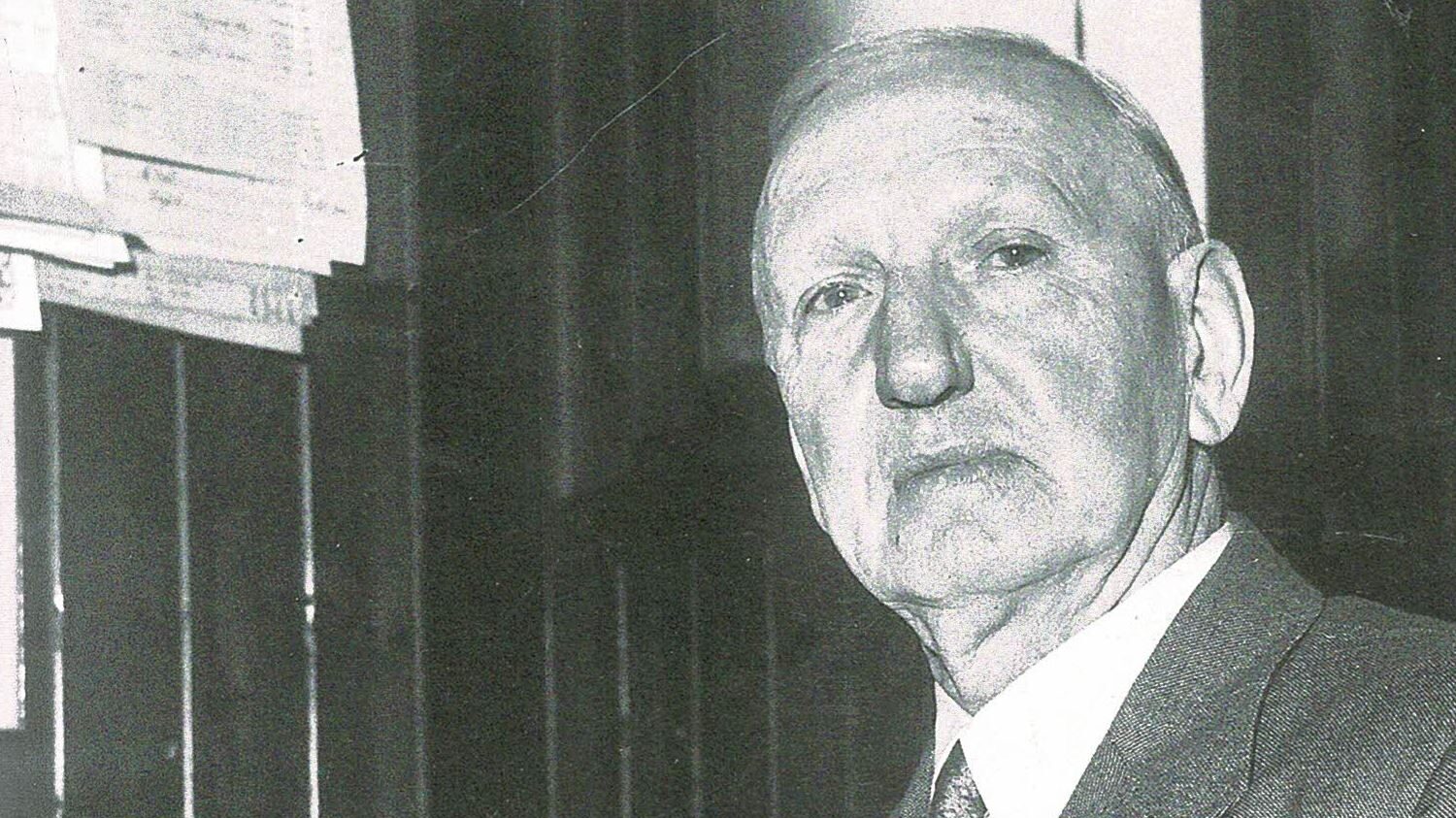Michael Wimmer’s departure after just three months in charge of Motherwell FC has etched his name into the record books – albeit not in the way anyone might have hoped. His reign is now the shortest of any manager in the club’s 139-year history. And while his spell was brief, it wasn’t without admiration. Wimmer quickly earned respect for his professionalism, and clear affection for the club.
But this was never about footballing failure. It was about family.
Living in Bavaria with his wife and young children, Wimmer found the practicalities of balancing the needs of his family with managing in Scotland deeply challenging – particularly with no direct flights between Scotland and his home region.
He’s spoken openly about the realities of modern football, how managers come and go with little stability, rarely lasting more than a season or two. And for that reason, he had previously made the decision not to uproot his family for a role that, in today’s game, could be over before it’s truly begun. Ultimately, it proved too difficult – and he made the decision that any parent would: family comes first.
Wimmer’s story is a snapshot of how football, and the role of the manager, has changed.
Go back a century and things looked very different.
John “Sailor” Hunter (image above) was in charge for 35 years, from 1911 to 1946. His tenure brought the club its greatest prize: the 1931–32 league title – and a legacy that still echoes through Fir Park.
He was followed by legendary player and title winner George Stevenson, who guided Motherwell to a Scottish Cup Final in 1951, returning a year later to lift the trophy. George’s team also won the Scottish League Cup in 1950, runners-up in 1954.
Then came Bobby Ancell, creator of the “Ancell Babes”, a side remembered more for their style than silverware, but revered nonetheless. Between these three, Motherwell had just three managers in 54 years.
Contrast that with the modern era: 15 managers in the last 25 years. The shift is undeniable.
That doesn’t mean achievement has vanished, far from it. Tommy McLean’s decade-long spell delivered the 1991 Scottish Cup, a moment frozen in time for a generation of fans. Stuart McCall brought consistency and even Champions League qualifiers. Stephen Robinson took us to two cup finals and back to Europe.
Others, like Terry Butcher and Craig Brown, rebuilt, inspired, and guided the club through crucial phases. But the pattern is clear: long-term stewardship is becoming a thing of the past.
And, unlike George Stevenson, those who have worn the claret and amber with distinction haven’t always found the same success in the dugout.
Bobby Watson, a highly respected defender in the 1970s and early ’80s with over 250 appearances for the club, was handed the reins in 1983. Despite his deep understanding of the club and a heartfelt connection to Fir Park, his time in charge lasted just six months.
Likewise, Stevie Hammell, a modern-day club legend with over 500 appearances to his name, stepped into management in 2022 during a time of transition. Loved by the support and steeped in Motherwell values, his spell was short and ultimately didn’t deliver the turnaround hoped for. Both cases are a reminder that great players don’t always translate into long-term managerial success – even when their hearts are fully in it.
Michael Wimmer’s exit, though disappointing, was no scandal. It was a personal choice rooted in real life. And in many ways, it shines a light on the pressures managers now face, on and off the pitch.
As the club turns to its 30th manager, the question lingers: will we ever see another Hunter, another McLean, someone who stays long enough to build something lasting?
Our Club Historian, Stuart Graham, has now seen 27 of those 29 managers lead Motherwell from the touchline – and asks not just who’s next, but who left a mark?
Ask yourself, how many have you seen? And who stands out in your time? Let’s us know via the contact form.
Motherwell FC’s 29 Managers, April 1911 – May 2025
1 John Hunter (April 1911-May 1946)
2 George Stevenson (June 1946- July 1955)
3 Bobby Ancell (July 1955-late March 1965)
4 Bobby Howitt (March 1965-March 1973)
5 Ian St John (June 1973-September 1974)
6 Willie McLean (September 1974-November 1977)
7 Roger Hynd (December 1977-November 1978)
8 Ally McLeod (December 1978-August 1981)
9 Davie Hay (August 1981-May 1982)
10 Jock Wallace (June 1982-November 1983)
11 Bobby Watson (November 1983-May 1984)
12 Tommy McLean (June 1984-June 1994)
13 Alex McLeish (July 1994-February 1998)
14 Harri Kampman (February 1998-October 1998)
15 Billy Davies (October 1998-September 2001)
16 Eric Black (October 2001-April 2002)
17 Terry Butcher (April 2002-May 2006)
18 Maurice Malpas (May 2006-June 2007)
19 Mark McGhee (June 2007-June 2009)
20 Jim Gannon (June 2009-December 2009)
21 Craig Brown (December 2009- 10 December 2010)
22 Stuart McCall (December 2010-November 2014)
23 Ian Barraclough (December 2014-September 2015)
24 Mark McGhee (October 2015-February 2017)
25 Stephen Robinson (March 2017- 30 December 2020)
26 Graham Alexander (7 January 2021-July 2022)
27 Steven Hammell (11 August 2022 – 11 February 2023)
28 Stuart Kettlewell (22 February 2023 – 27 January 2025)
29 Michael Wimmer (17 February 2025 – 23 May 2025)




